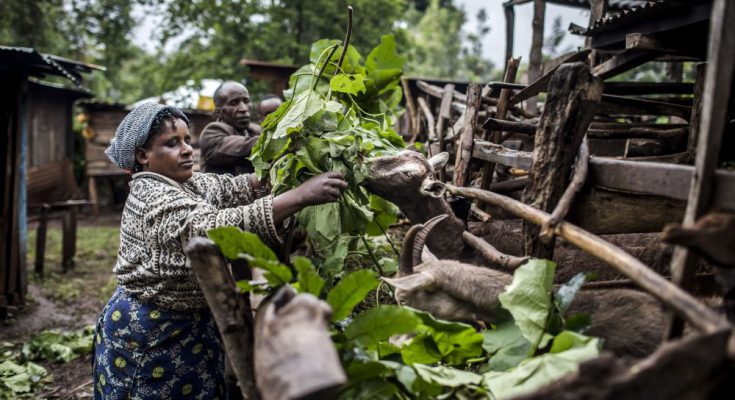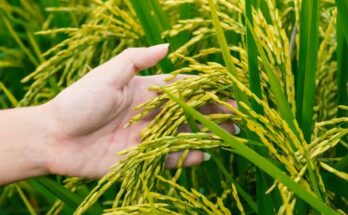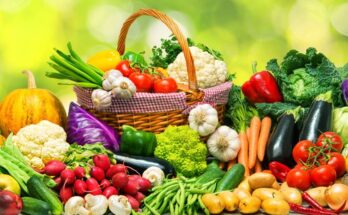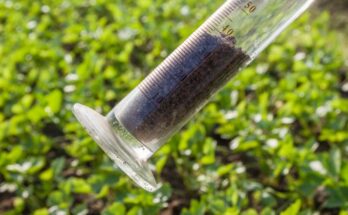The Council of the European Union has stressed FAO’s role as a knowledge-based organisation for sustainable agriculture, forestry, fisheries and aquaculture, as well as food security and nutrition. In deliberations, the Council adopted conclusions on the EU and its member states’ medium-term priorities for the FAO (Food and Agriculture Organization of the United Nations).
The Council – comprised of the agriculture ministers from 28 EU Member countires and the EU Commission – highlighted that “FAO has a substantial role to play in the context of the 2030 Agenda and the Paris Agreement.”
It also specified that its members encourage FAO “to maximise the full potential which sustainable agriculture, forestry, fisheries and aquaculture offer to create synergies between the climate change and development agendas”.
It likewise called upon FAO to continue its efforts to foster sustainable production and to pay particular attention to agroecology and organic farming as well as sustainable soils, forest and fisheries management.
“We welcome the Council of the European Union’s reaffirmation of its strong support for FAO and are eager to further our work in the areas emphasised,” said FAO Director-General José Graziano da Silva. “Our food systems must be made sustainable or, eventually, they won’t feed the world,” he added.
The Council noted that the European Union and its member states are “prime contributors to the overall FAO budget”.
Thematic priorities listed in the conclusions include: inclusive economic growth and decent rural employment; nutrition; addressing the drivers of poverty, inequality and irregular migration; combating illegal, unregulated and unreported fishing; facilitating smallholder family farmers’ access to markets; promoting women’s empowerment; and tackling excessive food price volatility. All are areas where FAO is already engaged, through its Strategic Framework and its Programme of Work and Budget.
Adequate resourcing for Codex Alimentarius, the International Plant Protection Convention – both housed at FAO – and for joint activities undertaken with the World Health Organization and World Organisation on Animal Health regarding transboundary animal diseases and anti-microbial resistance are highlighted as well.
The Council furthermore called on FAO to regularly report on progress made regarding gender equity and on its partnerships contributing to the achievement of the Sustainable Development Goals (SDGs).
“The European Union is the largest source of voluntary contributions to FAO,” Graziano da Silva said. “The ambitious agenda set by the Council of Ministers is an incentive for us to deepen the relationship even further, working closely on issues that will determine whether we want the world of the future to be one of balance or one of fragility.”
Photo: FAO





